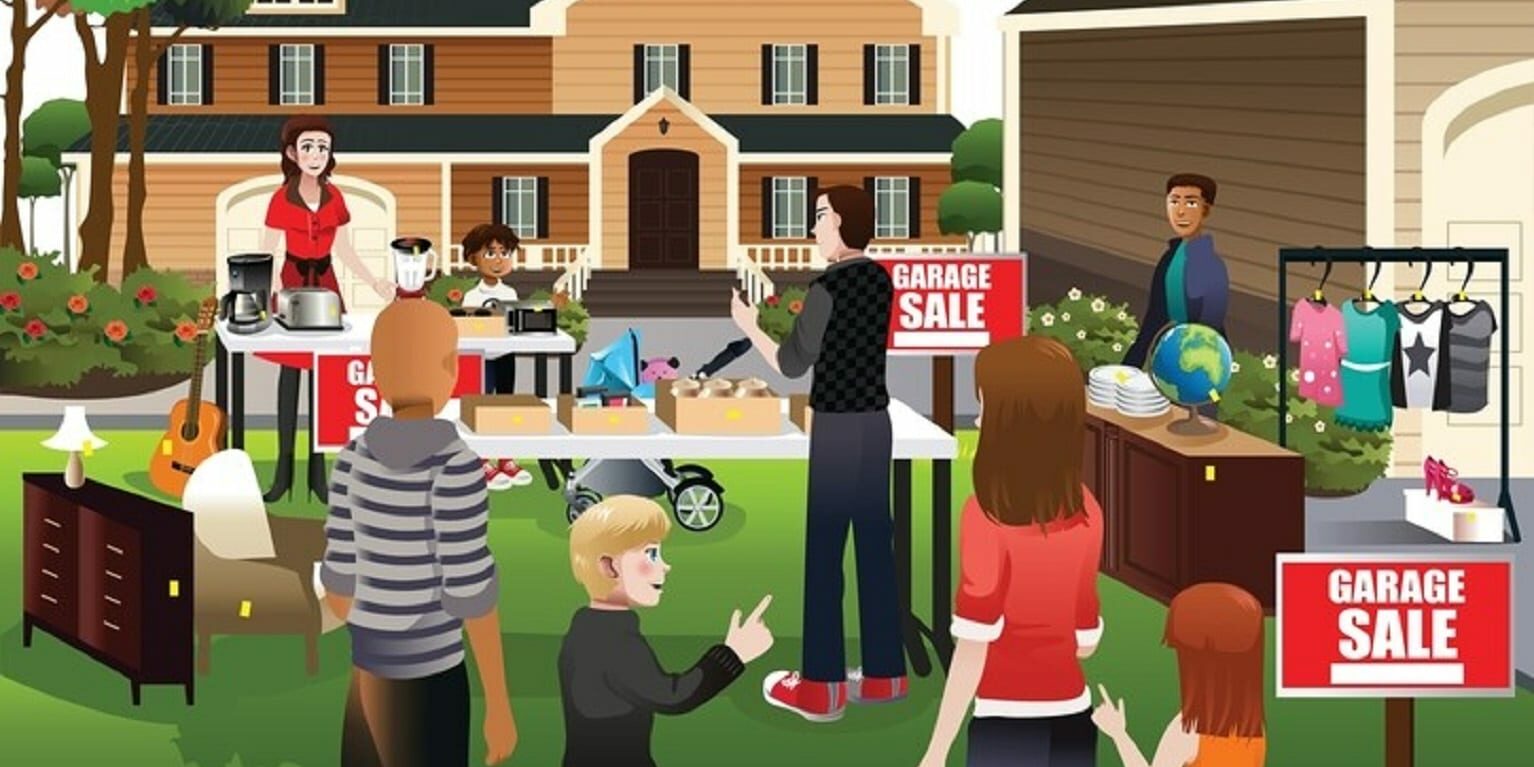What to do when your mask opinions differ from others
The recommendation to wear masks in public during the COVID-19 pandemic has led to countless conversations between families, friends and strangers. The use of masks is effective and protects you, and the people around you, from the spread of COVID-19. The CDC recommends that you wear masks in public settings around people who don’t live in your household and when you can’t stay 6 feet away from others.
However, debates around the topic of mask-wearing take place in person, online, and everywhere in between. Their tone ranges from civil to verbally or physically violent. SSM Health wants to minimize the divisiveness about COVID-19, and specifically, one of the greatest tools to stop its spread.
“First and foremost, masks do work,” says SSM Health psychologist Dr. Julia Shah. “However, there is skepticism on the topic that is compounded by the fact that in the beginning of the pandemic, we did not have a full understanding of the virus and how it was spread. We didn’t yet know how effective masks actually were.”
“It’s ok to be angry, or whatever feeling you may have,” says Dr. Shah. “Keep in mind that people wear masks (or do not wear masks) for a plethora of reasons. The story you are telling yourself about their choice may not be the actual reason.”
Dr. Shah admits confronting someone about their behavior can feel awkward, but there are things you can do to alleviate the situation. If you’re with someone or plan on seeing someone you know, here are some things to keep in mind:
- Model the precautions you are taking and set the tone for the interaction. Others will choose if they want to follow along. Say things like, “Our family will be wearing masks to the playground,” or “Can’t wait to give you a hug from six feet apart!” Validating that this is an inconvenience, or a frustration, can be helpful.
- Asking others to wear a mask for your own comfort level is OK. With this, be prepared to have a plan if they do not honor the request.
- It is also OK to let someone know you’re not comfortable with in-person interactions unless everyone’s on the same page with precautions. For example, don’t feel guilty for leaving the park or offering Zoom instead of an in-person get-together. Having a firm but loving boundary is something we all will need to get comfortable with in order to continue to stay safe within the pandemic.
If you’re interacting with a stranger or someone you do not know, things can be much different. Here’s Dr. Shah’s advice for those situations:
- It is not acceptable to publicly admonish or shame people. If you’ve been on social media the past few months, you probably know that doing so rarely ends well.
- In public places, be prepared to play defense. Feel free to ask someone to please stay six feet apart if they get close to you. If conflict arises, ask to speak to a store manager. Try to stay calm and treat workers at these businesses with respect, because they can only do so much to help with enforcement of mask mandates.
- Do what you can to avoid confrontations. For example, shop at times that are less busy. If you’re not comfortable with how a business is handling social distancing measures, consider going somewhere else.
In situations like these, some people can’t help but try to change the other person’s mind. But be mindful that it might be fruitless.
“First impressions are powerful, especially negative ones,” says Dr. Shah. “Those who thought negatively about wearing masks likely still do.”
At the end of the day, try to remember we are all in this together, and be kind.
“You can only control yourself,” concludes Dr. Shah. “Say your peace and draw your (loving and respectful) line in the sand.”





















